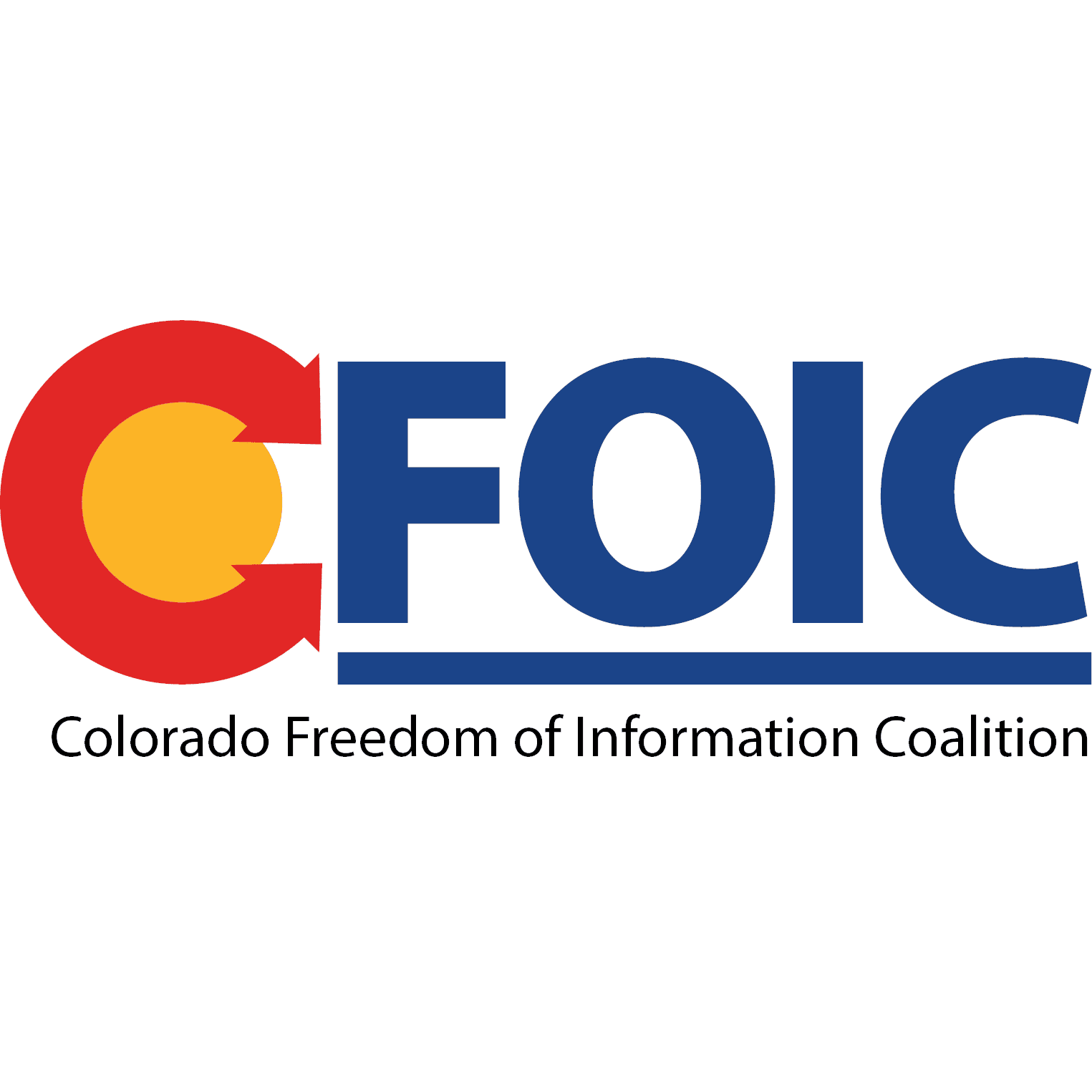Over the past two decades, the Colorado Freedom of Information Coalition and its member organizations and board members have achieved numerous successes both in amending the Colorado Open Meetings Law (COML) and in applying it in lawsuits to ensure compliance by governmental bodies.
Improving the law. Perhaps the most sweeping set of reforms to the COML occurred in 2001, with the passage of House Bill 01-1359. As proposed by CFOIC member the Colorado Press Association, this bill fundamentally changed the way both state and local public bodies must conduct “executive sessions,” those situations when discussion of public business can occur behind closed doors as exceptions to the general rule of openness.
In response to what many journalists and citizens saw as an excessive use of such statutorily authorized “secret” meetings — to address a narrowly defined set of itemized topics (such as pending real estate transactions, personnel matters and attorney-client conferences) — the press association worked with legislators to impose two new requirements for conducting such closed-door sessions.
First, prior to voting in public to go into an executive session, all public bodies would henceforth be required to announce publicly, not only the particular statutory provision that authorized that session, but also “the particular matter to be discussed in as much detail as possible without compromising the purpose for which the executive session is authorized.” This requirement gives the public a basic understanding of which particular issue its public officials are discussing behind closed doors.

